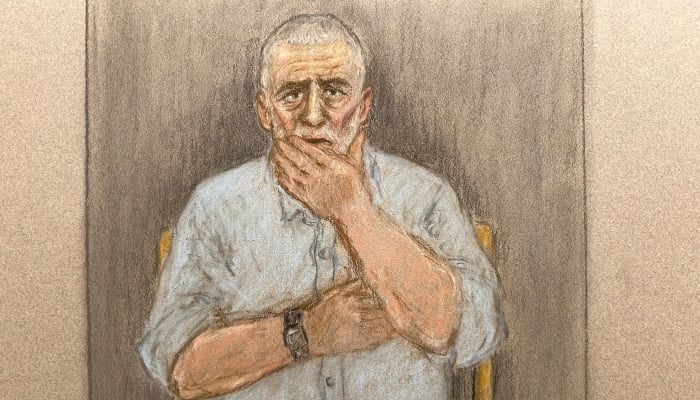
A man who has served almost 38 years in prison for the murder of a woman has had his conviction quashed by the Court of Appeal after new DNA evidence emerged.
Peter Sullivan was jailed over the 1986 killing of 21-year-old barmaid Diane Sindall, who was subjected to a frenzied sexual attack in Birkenhead, Merseyside, as she walked home from a shift.
The Criminal Cases Review Commission (CCRC) - the statutory body set up to investigate potential miscarriages of justice - had referred Mr Sullivan's case back to the appeal court last year after fresh testing found a DNA profile pointing to an unknown attacker in semen samples preserved from the crime scene.
Mr Sullivan, appearing on video-link from HMP Wakefield, sobbed and held his hand over his mouth as he was told he would be released.
Now aged 68, he is believed to be the victim of the longest miscarriage of justice involving a living prisoner in British legal history.
In a statement read by his solicitor, Mr Sullivan said he was "not angry, I'm not bitter".
The statement read: "What happened to me was very wrong but does not detract that what happened was a heinous and most terrible loss of life.
"The truth shall set you free."
Speaking after the hearing, Mr Sullivan's sister Kim Smith said "no-one had won" and expressed sympathy for Miss Sindall's family.
"They've lost their daughter, they are not going to get her back. We've got Peter back, and now we've got to try and build a life around him again. It's such a shame this has had to happen in the first place," she said.
Both Merseyside Police and the Crown Prosecution Service (CPS) said the technology to test the semen samples did not exist at the time of the murder.
Duncan Atkinson KC, representing the CPS, had said the service agreed the DNA evidence undermined Mr Sullivan's conviction and there would be no application to seek a retrial.
Lord Justice Holroyde, sitting with Mr Justice Goss and Mr Justice Bryan at the Royal Courts of Justice in London, quashed the conviction and said they had "no doubt that it is both necessary and expedient in the interests of justice" to admit the new DNA evidence.












